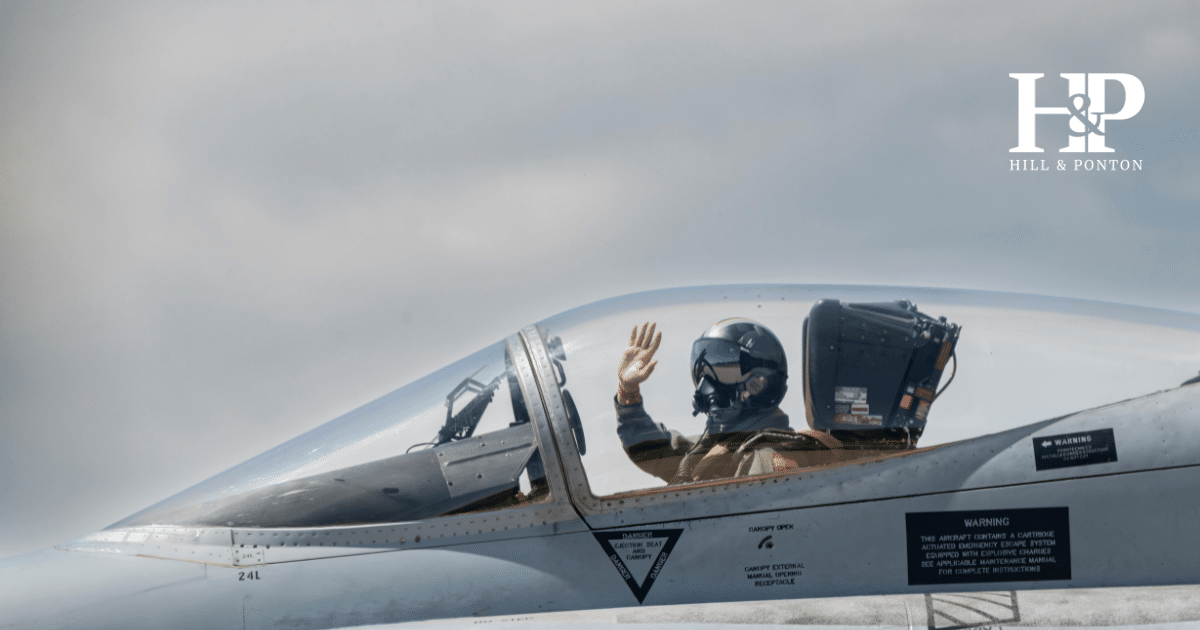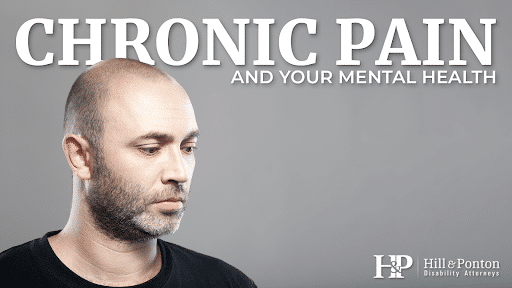Fighter pilots face some of the most extreme physical and mental challenges in the military. The sustained gravitational forces (G-forces) they endure during high-speed maneuvers, training exercises, and combat missions are unparalleled. While their resilience is remarkable, the long-term effects of these forces can be debilitating, significantly impacting their health and quality of life.
This article explores how G-forces affect fighter pilots, the recognition of related disabilities by the VA, and the resources available to affected veterans.
How Does G-Force Impact Pilots?
G-force is a measurement of acceleration relative to Earth’s gravity. At 1G (normal gravitational force), the human body is under no additional strain. However, fighter pilots routinely endure up to 9G during combat maneuvers—making their bodies feel nine times their normal weight. For example, a 200-pound pilot would feel as though they weighed 1,800 pounds under 9G.
The Physical Strain of G-Force
High G-forces compress the spine, restrict blood flow, and increase cardiovascular strain. Pilots rely on anti-G suits to manage these forces, which constrict their lower bodies and help maintain blood flow to the brain. Even with these measures, the strain accumulates over time, leading to a variety of health issues and affecting veterans’ quality of life:
- Chronic Pain. Frequent exposure to G-forces often leads to chronic neck and back pain, degenerative disc disease, and limited mobility. These conditions can interfere with daily activities, making even simple tasks difficult.
- Reduced Career Longevity. Many pilots are forced to retire early due to physical impairments. This not only limits their military careers but also affects their ability to transition into civilian roles that require fine motor skills or prolonged physical activity.
- Physiological Effects. The physical toll of G-force exposure often coincides with mental health challenges such as anxiety, depression, and PTSD. Chronic pain and mobility issues caused by G-force exposure can exacerbate these struggles, leading to difficulties maintaining relationships and work-life balance.
Typical G-Force Levels in Aviation
- Training Exercises: Pilots routinely experience 6-8G in drills to simulate combat conditions.
- Combat Maneuvers: Sustained 9G forces are common, with spikes exceeding 15G during ejections.
- Ejections: Emergency ejections can subject pilots to forces exceeding 20G, often causing spinal injuries or compression fractures.
Research on G-Force Damage
Studies published in Military Medicine and the International Journal of Environmental Research and Public Health show significant correlations between long-term G-force exposure and physical degradation. For example, research indicates that cervical spine degeneration is significantly more prevalent in fighter pilots compared to non-pilot populations.
VA-Recognized Disabilities
The VA acknowledges several disabilities linked to G-force exposure. These include:
Neurological Disabilities
- Traumatic Brain Injury (TBI): Symptoms mimic concussion effects, such as memory loss and difficulty concentrating.
- Vestibular Disorders: G-forces can damage the inner ear, leading to balance issues and spatial disorientation.
- Vision Problems: High G-forces impair visual processing and coordination.
Musculoskeletal Disabilities
- Cervical Spine Degeneration: Chronic neck strain and arthritis, often linked to G-force exposure, are commonly rated under VA codes 5237-5243.
- Compression Fractures: Pilots often suffer from compressed vertebrae or other spinal injuries due to extreme forces.
Cardiovascular Conditions
- Carotid Artery Damage: Sustained G-forces increase the risk of blood vessel damage.
- Small Vessel Disease: Repetitive high-G maneuvers contribute to cardiovascular strain.
Mental Health Conditions
- Anxiety and Depression: The demanding nature of the profession, compounded by physical injuries, heightens risks of mental health issues.
- PTSD and Emotional Regulation: Chronic pain often exacerbates symptoms of post-traumatic stress.
Getting Help as a Pilot Impacted by G-Force
For many fighter pilots, the journey to seeking care or disability compensation is fraught with unique hurdles that stem from both the nature of their profession and the culture surrounding it.
- Fear of Being Grounded: Admitting to health issues that could jeopardize their flight status can feel like admitting defeat, leading many pilots to underreport symptoms or delay seeking help until conditions worsen.
- Documentation Gaps: The nature of a pilot’s duties means that injuries and symptoms are sometimes brushed aside in the field or not thoroughly documented, leaving veterans struggling to establish a clear service connection for their conditions.
- Cultural Stigma: There’s often a deep reluctance to appear “weak” or incapable, even when facing debilitating conditions. Many pilots internalize this pressure, convincing themselves to “push through” rather than reach out for support.
- Emotional and Personal Costs: Pilots who hesitate to seek help may feel a growing sense of shame, frustration, or hopelessness as their conditions worsen. For those transitioning out of service, the struggle to navigate the VA claims process or advocate for their health can feel overwhelming.
These challenges often leave pilots feeling isolated and unsupported, even as they grapple with serious physical and mental health issues. But veterans who have experienced the effects of G-force exposure during their service have access to several resources that can provide support and assistance in managing their conditions.
Resources for Veteran Pilots
VA Treatment Programs
The Department of Veterans Affairs (VA) offers specialized medical care tailored to address conditions related to G-force exposure. These programs include physical rehabilitation to help veterans recover from injuries sustained during their service and mental health support to address challenges such as anxiety, depression, or PTSD that may arise from high-stress flight operations. Accessing these resources can make a significant difference in improving the quality of life for veterans.
Filing VA Disability Claims
Navigating the VA disability claims process can feel overwhelming, but understanding the key elements of a successful claim can simplify the journey:
- Documentation: Veterans should maintain thorough medical records that detail their conditions and any treatments they’ve received. Clear and consistent documentation strengthens the connection between service-related incidents and current health issues.
- Evidence: Service records and expert medical opinions are vital to demonstrating a link between G-force exposure and the conditions being claimed. This evidence can often determine the success of a claim.
- Representation: Partnering with VA-accredited representatives can provide critical guidance throughout the process. These professionals understand the intricacies of VA regulations and can help veterans avoid common pitfalls.
Legal Assistance
When the claims process becomes too complex or veterans face denials, organizations and law firms specializing in VA disability law can provide invaluable support. These experts are well-versed in navigating appeals and pursuing rating increases to ensure veterans receive the compensation they’ve earned. Legal professionals can also advocate for veterans in cases where initial claims have been unfairly rejected.
If you’re a veteran facing a denial of your VA disability claim or seeking to increase your rating, Hill & Ponton, P.A. is here to help. Since 1986, we’ve stood as compassionate allies and expert advocates for veterans nationwide. With over 30,000 claims handled and $300 million in benefits recovered, we’ve dedicated ourselves exclusively to VA disability law.
Contact us today for a free case evaluation and let us fight for your benefits like we’ve fought for so many others.



